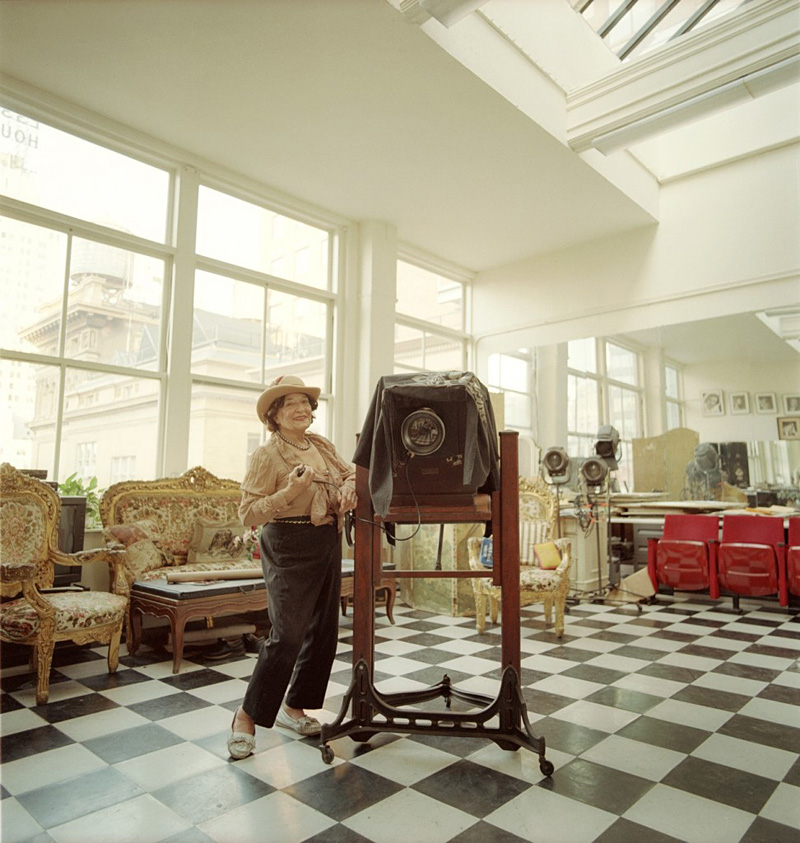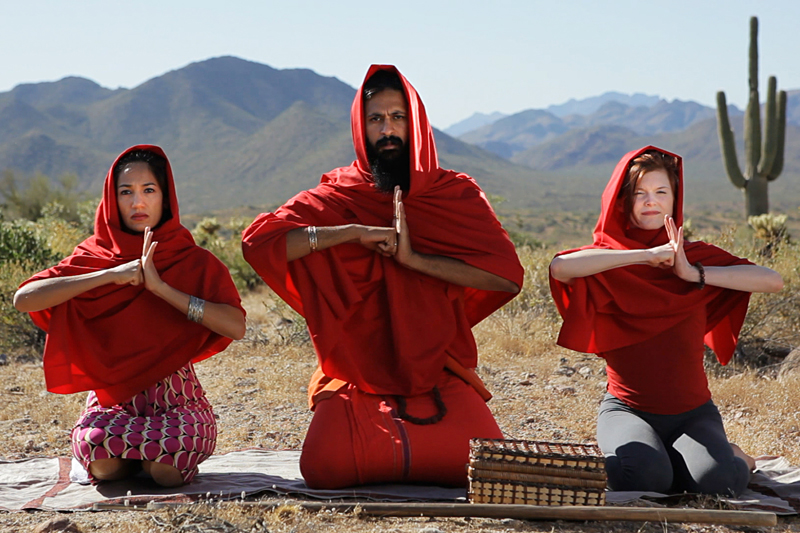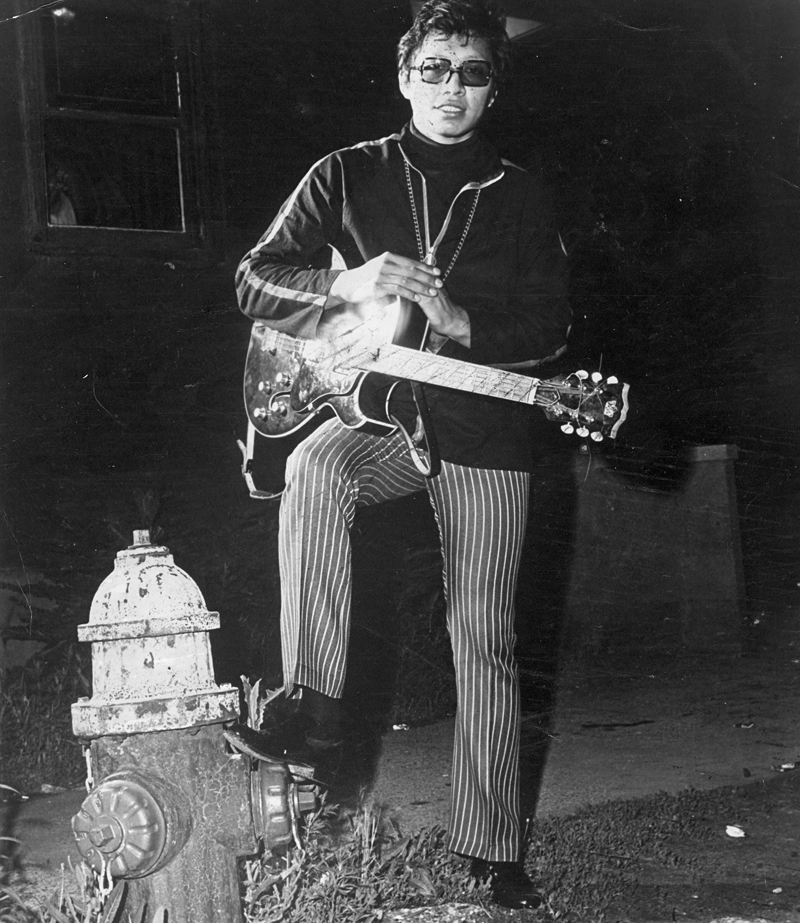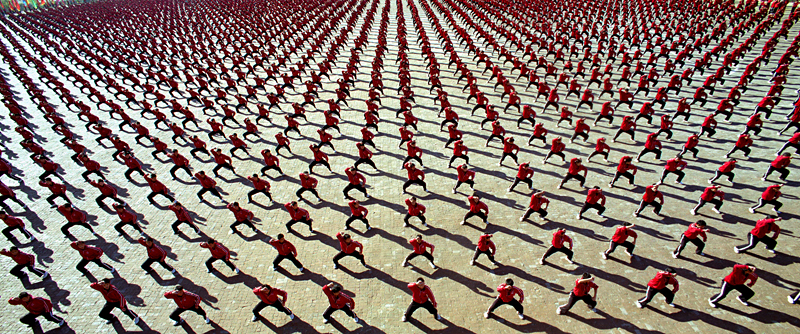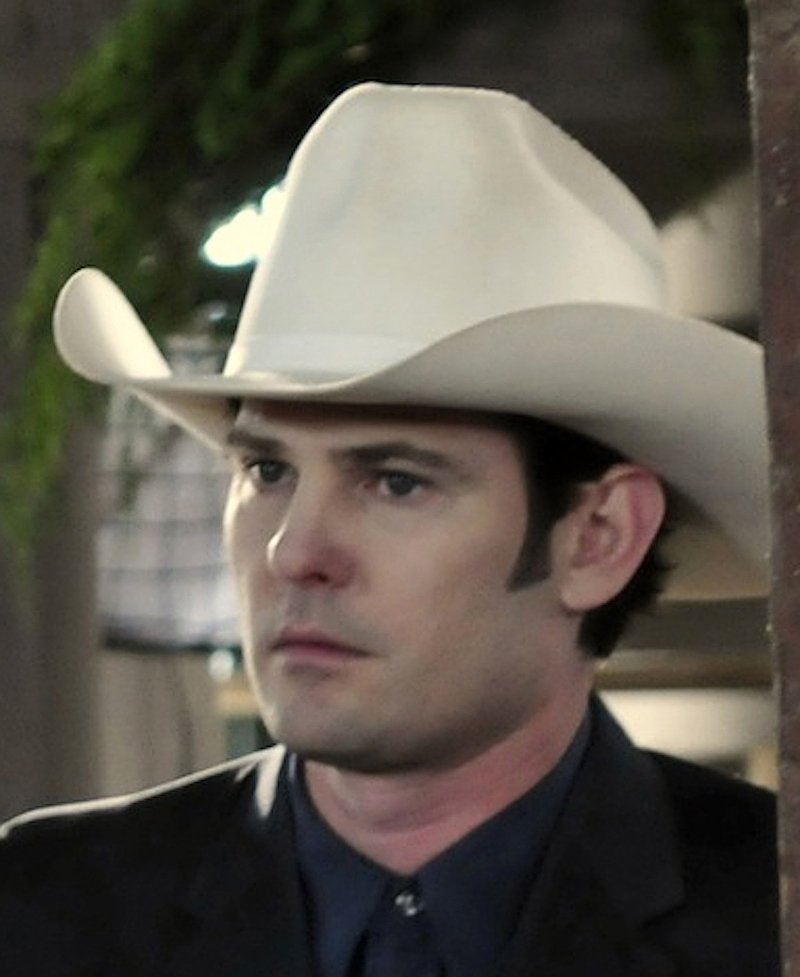Gotham’s contradictory dedication to both bohemianism and unchecked greed is exposed in photographer Josef Astor’s bleak Lost Bohemia. Astor was among the artists inhabiting the live-work studios above Carnegie Hall when in 2007 its corporate and city-government masters evicted most of the occupants to build office space. Astor documented the process over several months with an inexpensive video camera, and incorporates into his footage local news coverage of an ineffective resistance effort led by actor John Turturro. Lost Bohemia‘s real power, though, is in Astor’s impromptu interviews with his neighbors, including fellow photographer Editta Sherman, singer Jeanne Beauvais, legendary New York Times fashion photographer Bill Cunningham, and, most wrenchingly, Star Szarek, a homeless ballerina and studio squatter. The blinkered privilege Astor betrays by framing the studios’ demolition as a cultural near-apocalypse—plenty of New York artists live and work without institutional support, after all, and Cunningham for one makes a living wage—is forgivable under the circumstances: The majority of the disenfranchised are well into their 70s and 80s, and tossing them out in the last years of their lives amounted to nothing less than a moral crime.
Lost Bohemia: Artists Are Evicted From a House of Culture
